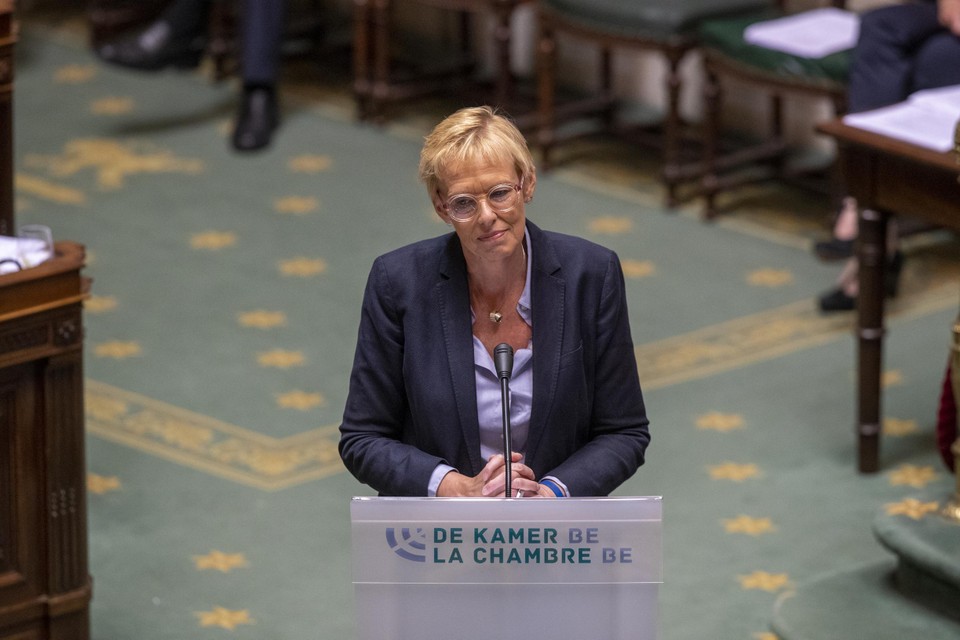The Federal Government has been ordered by the EU to review an agreement made three months ago to reform Belgium's pensions scheme.
The agreement reached in July consists of a package of three measures: a bonus for anyone who carries on working past the legal retirement age; a higher pension for anyone who both works and provides family care; and tougher conditions for qualifying for the minimum pension.
Federal pensions minister Karine Lalieux (PS) had claimed the agreement is budget-neutral, as required by EU law. However, the agreement had not yet been approved by the federal planning bureau. When their conclusions finally arrived, they revealed that in fact, the agreement had negative budgetary consequences. In other words, if implemented it would cost more than permitted.
The EU Commission agreed, and now the government must modify its proposal, in particular the pension bonus.
Social affairs minister Frank Vandenbroucke (Vooruit) expressed his dissatisfaction with the outcome: “I have always been a strong supporter,” he told VRT radio. “The pension bonus means that people who work longer than is strictly required receive a small lump-sum increase on their pension. That is only fair. We are just about the only country in the world that had no such system.”
Related News
- More Belgians choose to quit meaningless jobs for passion projects
- How much money should you have saved at each stage of life?
Vandenbroucke insists that he will continue to push for an improved and, as he sees it, fairer system.
“I don't need to be told by the European Commission to realise that there is still work to be done on our entire social system. We should be able to let people work longer in healthy conditions. In the summer we already said that we would continue pushing for a better deal and we repeated that when discussing the budget.”
Vandenbroucke now appears to have little hope of achieving the broader and more widespread reforms he would like to see.
"During the summer I argued for a broad reform that looks at career length and effective work performance. That did not work in the summer but I am not giving up. However, the coalition agreement provides a limited basis for major reform." The reform agreed in July would have added 0.1% to the country’s GDP.
“That's not much,” said Lalieux. “But it has been agreed in the government that this reform should not weigh on the budget. We have to close that gap.”
Opposition party N-VA ridiculed the whole reform plan as “a false good idea”. Flemish member of parliament Wim Van der Donckt (N-VA) stated that “Thanks to this non-policy, an unparalleled budgetary time bomb is being set in motion."

